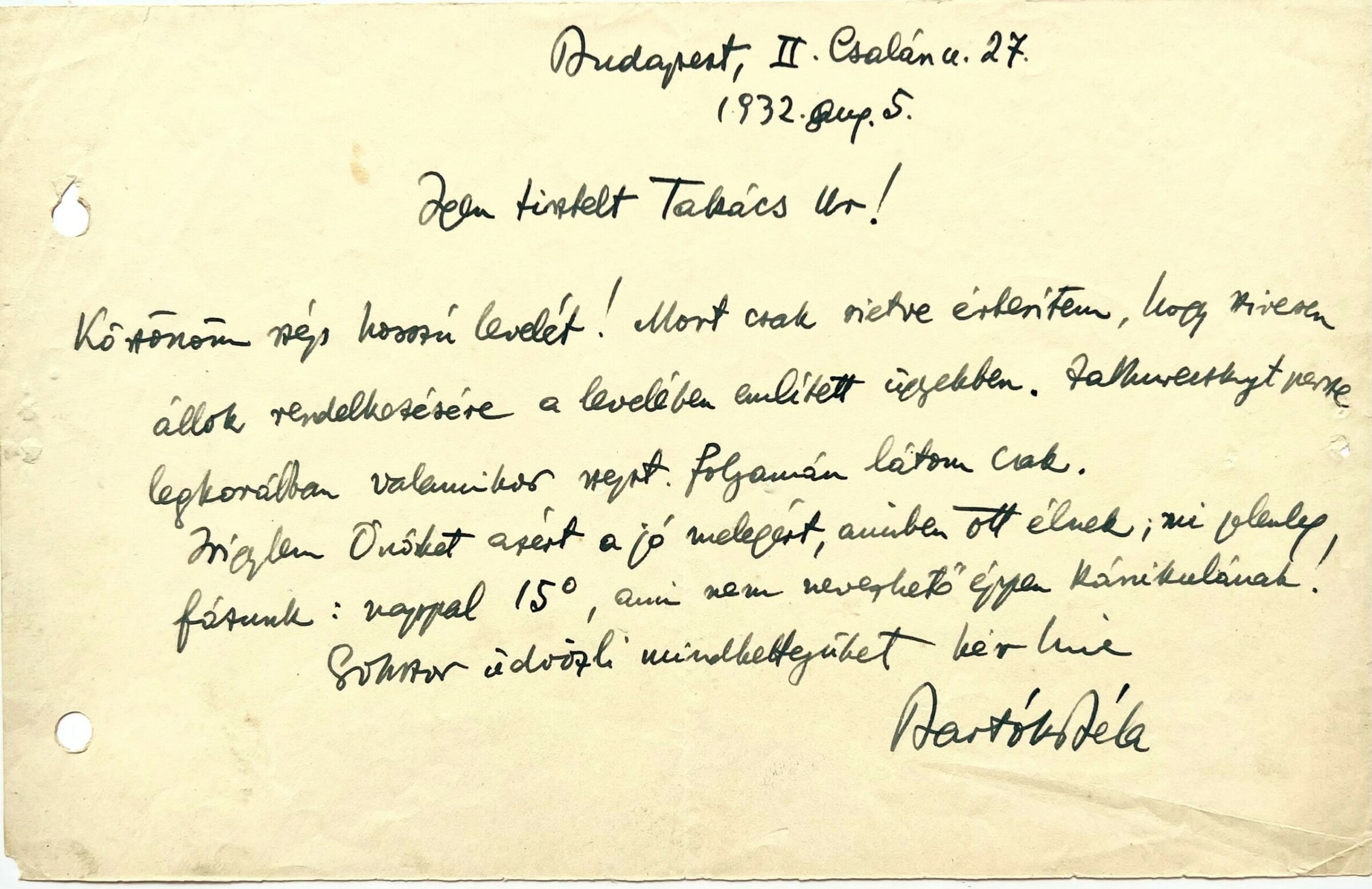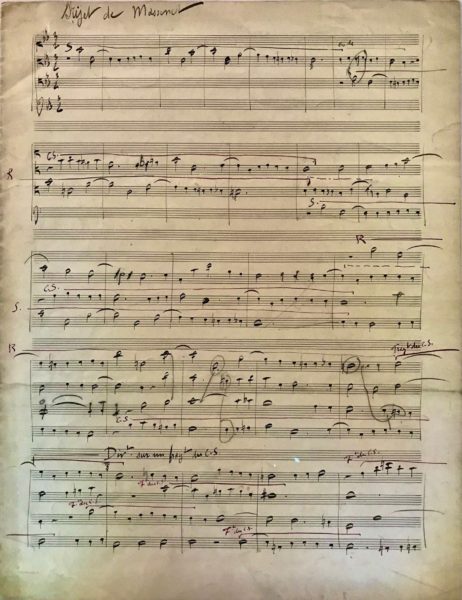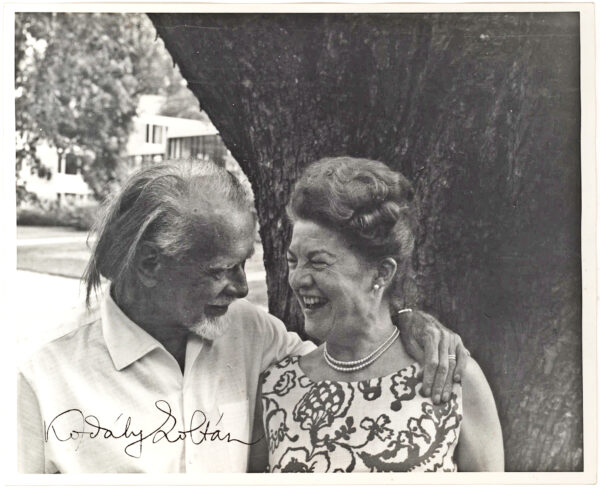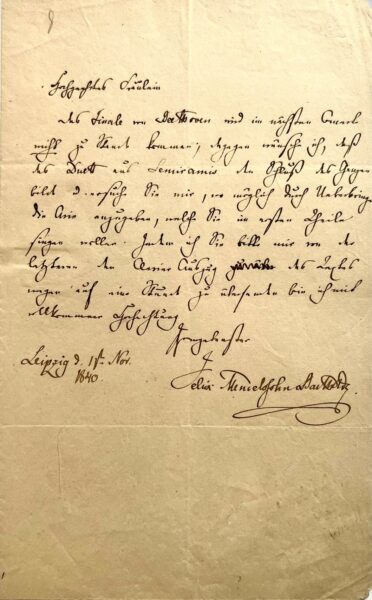BARTOK, BELA. (1881-1945). Hungarian composer, pianist and ethnomusicologist; creator of Music for Strings, Percussion and Celesta, Concerto for Orchestra, and other masterpieces. Considered by many to be the last great composer of the 20th century. ALS. (“Bartók Bela”). 1p. Oblong 8vo. Budapest, August 5, 1932. To his friend, Hungarian composer and pianist JENÖ TAKÁCS (1902-2005), known for his early interpretations of Bartók. In Hungarian with translation.
“…I thank you for your wonderful long letter! Now I would like to inform you that I will be at your disposal for the matter stated in your letter. However, I will be seeing Zathureczky during September at the earliest. I envy you for the wonderful warm weather where you live: at the moment it is cold here: 15º in the morning which one cannot really call warm…”
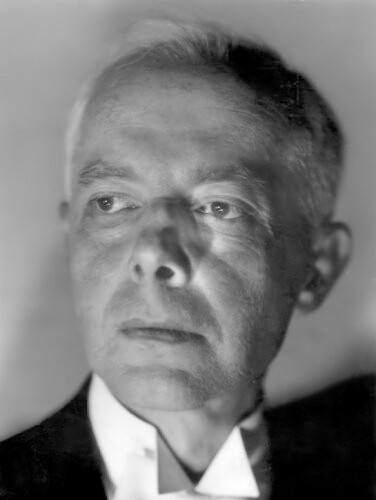
Bela Bartok
The mid-18th century reorganization of the Hapsburg Empire into separate Austrian and Hungarian states fomented a Hungarian nationalism that deeply influenced Bartók and his music. Beginning in the early 1900s he started to employ Hungarian folk music in his compositions, and the 1904 Budapest performance of his symphonic poem Kossuth, which memorialized the father of Hungarian democracy, Lajos Kossuth, brought him much acclaim. It was not unusual for composers to model their work on popular folk tunes, but Bartók strove towards something more authentically Hungarian. “In 1904 he made his first notation of a Hungarian peasant song, sung by a young girl in the Gömör district, and this discovery drew his attention to the treasury of indigenous song which might contain innumerable ideas for ‘serious’ composition” (The New Grove Dictionary). His goal became the popularization of folk music, but the first fruit of his studies, Hungarian Folksongs, produced with Zoltán Kodály in 1906, was far from popular. Instead Bartók’s emphasis shifted to scientific research, and he traveled the countryside recording folk music wherever possible.
Despite his great attachment to Hungarian culture, Bartók, as early as 1931, was protesting the Hungarian government’s fascist leanings. In 1939, he sent his archive to London for safekeeping and, after the death of his mother, his ethno-musicological research notwithstanding, he began to consider emigration seriously. In April and May of 1940, he undertook a U.S. concert tour which included concerts in Washington and New York. Not long after his return to Europe, he immigrated to New York with his wife where he lived the remainder of his life.
Takacs met Bartók in 1926 and the pair maintained a close correspondence, even during Takacs’ professorship at the University of the Philippines from 1932-1934. Our letter is in reply to a letter Takacs sent from Manila asking Bartók to take care of Takacs’ incomplete score for Suite Concertante and to contact violinist Ede Zathureczky (1903-1959), director of the Liszt Academy in Budapest and, later, director of the Budapest Music Academy, whom Takacs had entrusted with distributing his Piano-Violin-Rhapsody to radio stations the prior year.
Two file holes in the left margin. With some minor creasing and wear; in fine condition.

